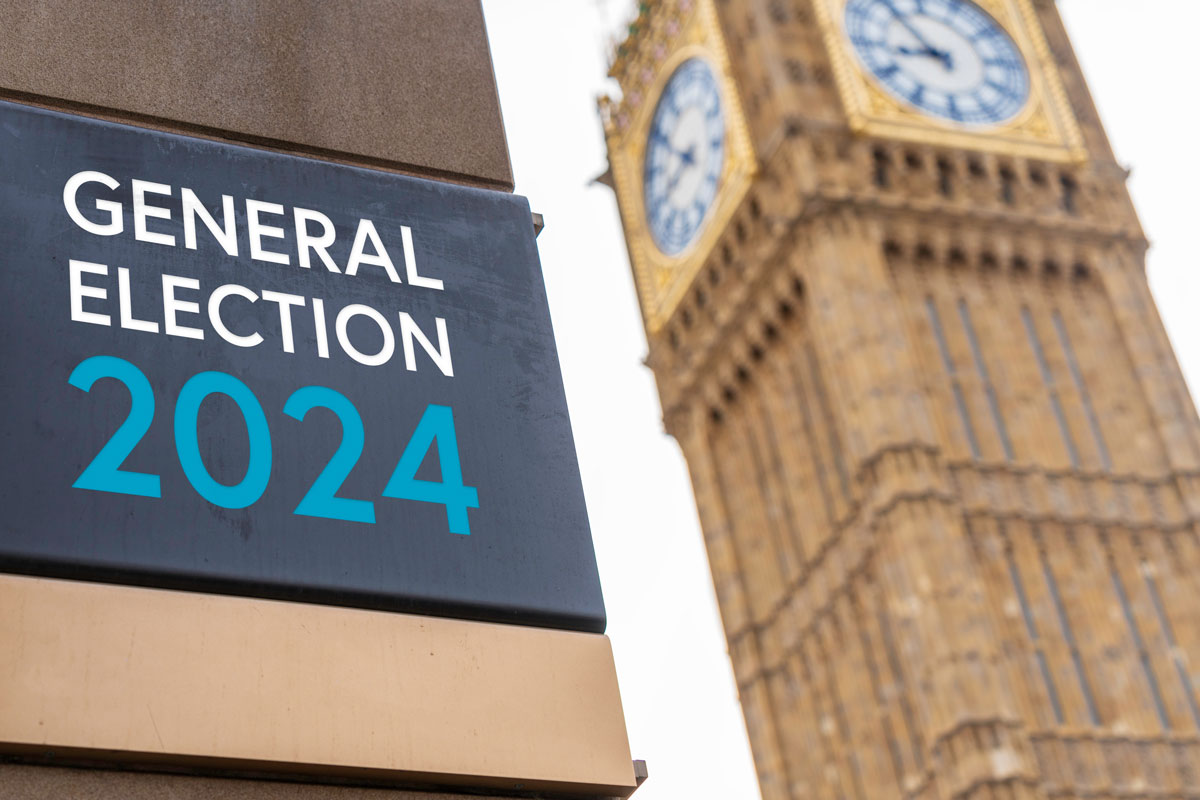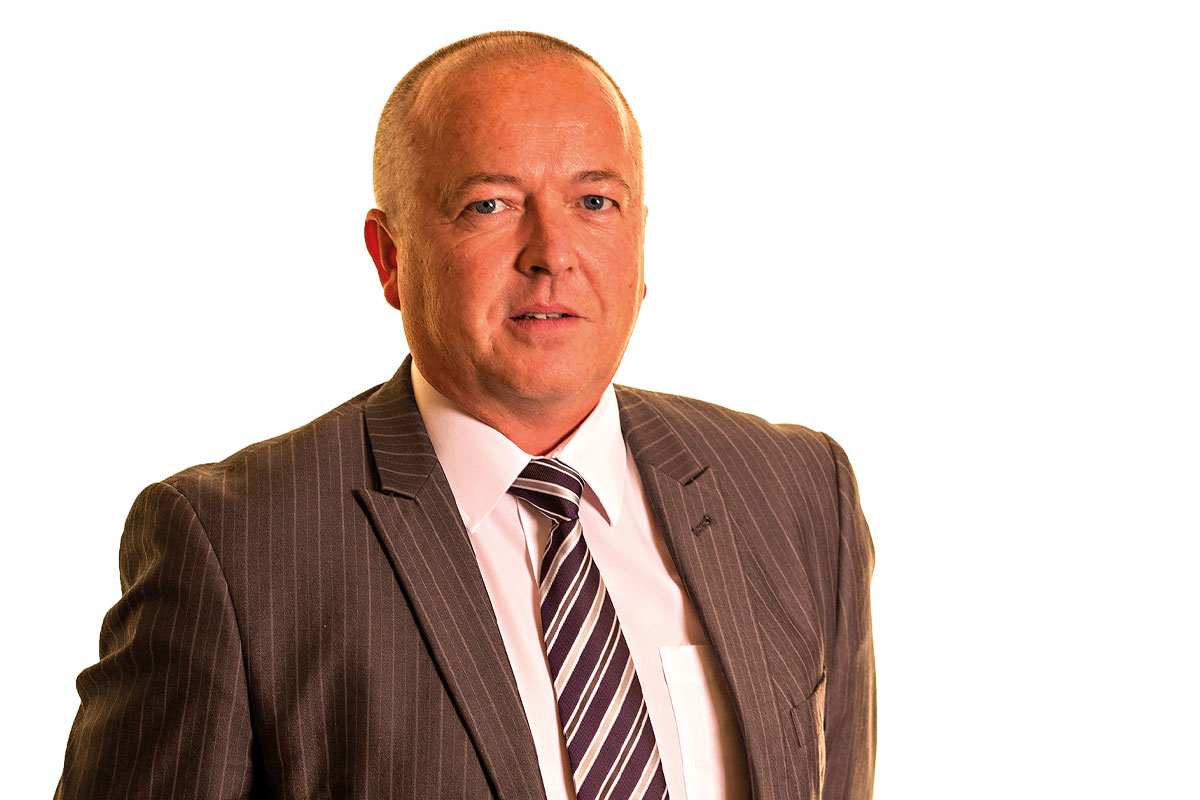 A cut to VAT and an urgent review of the UK’s immigration restrictions are among the hospitality industry’s biggest asks for Westminster following the General Election.
A cut to VAT and an urgent review of the UK’s immigration restrictions are among the hospitality industry’s biggest asks for Westminster following the General Election.
As the UK went to the polls to elect the next government trade groups set out their top priorities for the incoming government – whoever that will be.
Cutting the VAT rate to 12.5% was top priority across the board, with Leon Thompson, executive director of UKHospitality Scotland, saying a lower VAT rate would ‘help unlock the full potential of hospitality’.

“This is a longstanding ask and everyone in the industry knows the immediate difference this would make,” said Thompson.
“Encouragingly, the SNP has committed to this and UKHospitality Scotland has called on the party to work with the next UK Government to achieve a cut.”
Scottish Licensed Trade Association managing director, Colin Wilkinson, said that for many businesses a cut in VAT ‘would have an immediate positive impact on sustaining business viability, maintain job security for over 228,000 people who work in the hospitality sector and provide new jobs in a sector which is a key driver of Scotland’s economy, supporting £1.6bn of economic activity’.

“It would be proportionate, easy to administer and would bring the UK into line with our European neighbours, improving our competitiveness in attracting both domestic and foreign visitors,” said Wilkinson.
The SLTA has also reiterated calls for a ‘duty differential’ between on-trade premises and supermarkets, which it said ‘would help sustain the licensed trade as it recovers from the pandemic and Brexit and faces the current economic challenges’.
And Wilkinson said the UK’s immigration rules ‘have only exacerbated the devastating impact of Scotland’s chronic staff shortages’.
“In an SLTA survey last year, 72% of respondents were struggling to fill vacancies and 68% of outlets reported being under-staffed,” he said.
“Recruiting staff continues to be one of the major barriers to growth for much of the hospitality industry and it is crucial that we see more flexibility in immigration and measures put in place to allow legitimate asylum seekers to work while being processed, rather than the current restrictive measures which are in place which only hinders our business development.”
That was echoed by the Scottish Tourism Alliance, which said the system needs to be changed ‘to ensure it is fit-for-purpose for the needs of the tourism and hospitality sector and that it values the contribution that an international workforce brings to the industry, particularly in rural and island communities’.
“The STA further supports the introduction of a Scotland-specific visa that takes into consideration the country’s unique geography and circumstances.”
The STA has also called on any incoming government to reopen negotiations on the UK-EU Youth Mobility Scheme to ‘ensure that young people can still freely move between the EU and the UK due to the valuable seasonal role they have as part of the tourism and hospitality workforce’.
And groups called on the UK Government to review the business rates system south of the border. While rates is a devolved issue, they hoped change in England might encourage similar moves in Scotland.























